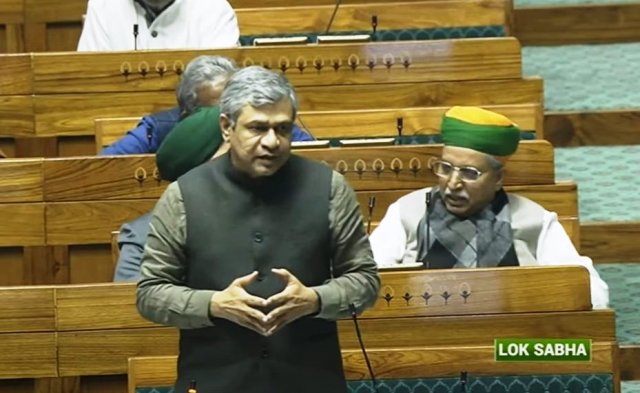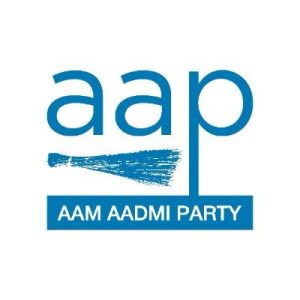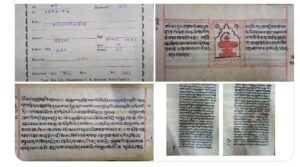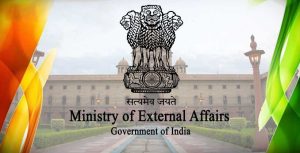New Delhi, 20 December: Rajya Sabha on Thursday passed the Bill related to reform in the telecom sector by voice vote. As the Lok Sabha had passed this Bill on Wednesday, the Indian Telecom Bill 2023 got the approval of the Parliament.
The Bill replaces the Indian Telegraph Act of 1885, the Indian Wireless Telegraphy Act of 1933, and the Telegraph Wire (Unlawful Possession) Act of 1950.
Telecom Minister Ashwani Vaishnav said that today the country’s telecom sector has overcome difficulties and scams and is spreading a new light. This Bill has been brought in reform reform the sector. At one time, a sacred resource like telecom was used for dark deeds.
The minister said that the telcom services have been made consumer-centric. The focus has been on expanding digital infrastructure, making proper use of the spectrum, simplifying the licensing process, strengthening cyber security, promoting research and innovation, and boosting production in the country.
He said that to stop mobile fraud, a provision of three years imprisonment and a fine up to ₹ 50 lakh has been made for wrongly obtaining a SIM, using multiple SIMs from the same box, or using someone else’s SIM or number. Also, a provision has been made to create an online complaint redressal system.
Vaishnav said that the process of obtaining a license has been simplified in the Bill. There is now a provision for spectrum to be given only through auction, except for a few subjects. A national frequency allocation plan has been prepared. A four-layer dispute resolution system based on digital design will be created. He clarified here that the provisions regarding interception have not been changed.
He said that provision for the Digital India Fund has been made in the bill. Technology will be developed through this. There is a provision for regulatory-based experiment licensing.
By repealing the Indian Telegraph Act, the colonial bill of 1885, the government led by Prime Minister Narendra Modi has brought a new bill in line with the aspirations of today’s India as per the needs and economy of today, he said earlier during the debate in the House.
Vaishnav said that telecom has spread widely in the last nine and a half years. In 2014, when Prime Minister Narendra Modi took charge of the country, there were only 6.25 lakh telecom towers (BTS) in the country; today, there are more than 25 lakh telecom towers. The number of people using broadband (Internet) services was only 1.5 crore in 2014, which is more than 85 crore today. India has had the fastest rollout of 5G in the world, with more than four lakh 5G towers installed in the country in just 14 months.
He said that due to the reforms and simplification of the process in the Modi government, 85 percent tower clearance (permission) is being given at the press of a button, i.e., in zero time.
Regarding the tower and other permissions, he said that while nine and a half years ago it took an average of 230 days, today the right of way is obtained in an average of 10 days.
Vaishnav said that the communication sector has emerged as an important sector today. This sector brings tremendous momentum to the country’s economy. Today, this bill for structural reforms has been presented in the House to give a new impetus to this sector.
He said that there was a proposal to repeal three bills, but recently one bill has already been repealed through the Repealing Act. The bill is tabled for discussion with this amendment.





